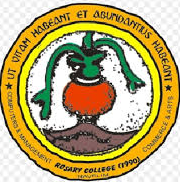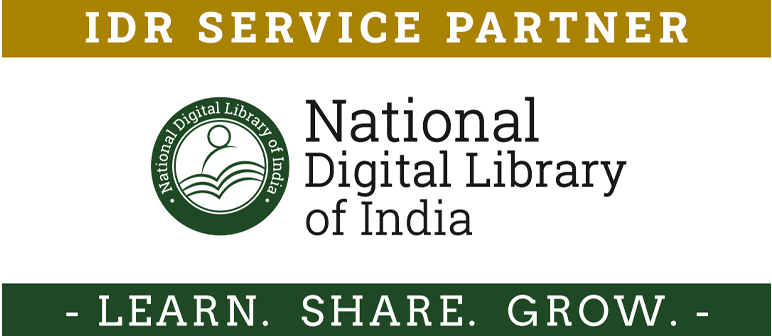
Rosary College of Commerce & Arts
Re-Accredited by NAAC with Grade A (CGPA of 3.21 on a 4-point scale)
ISO 9001:2015 Certified
Institutional Digital Repository
Powered by National Digital Library of India (NDLI)


Communities in DSpace
Select a community to browse its collections.
Recent Submissions
Tourism by design or default? aligning practice with tourism governance in Goa
(Journal of Policy Research in Tourism, Leisure and Events 1-16., 2025-10-30) Gore, Surabhi
Tourism governance in developing countries frequently faces fragmented institutional structures, policy inconsistencies, and limited stakeholder engagement, which impede sustainable destination development. The study examines the governance structures and policy frameworks for tourism planning in Goa, India. The study uses a qualitative, longitudinal case study design. The findings reveal that tourism governance in Goa has evolved through four strategic phases: visioning, venturing, planning, and learning, each shaped by shifts in economic policy, markets, and political leadership. While government-led strategic planning dominated the early phases, later decades saw the emergence of strategic venturing and strategic learning processes. However, governance remains challenged by inconsistent stakeholder participation, weak local government autonomy, and a lack of strategic visioning in policy formulation. The study makes a theoretical contribution by integrating governance theory, Mintzberg’s strategic typologies, and evolutionary approaches to assess long-term governance trajectories. It provides practical insights for aligning policy design with local needs, promoting collaborative governance for building resilient tourism systems.
Mapping Tourism Area Life Cycle Research: A Bibliometric Analysis
(The Tourism Area Life Cycle: Review, Relevance and Revision, Channel View Publications, 21-41, 2024) Gore, Surabhi
Impact of service quality on the quality of life of yoga tourists: a moderated mediation analysis
(Tourism Recreation Research, 2025) Gore, Surabhi
Yoga retreats are programmes designed to give participants an immersive experience in yoga and related wellness practices like meditation, pranayama (breathing exercises), and workshops on healthy living. The study investigates the interrelationships between service quality at yoga retreats, the perceived experiences and benefits of yoga tourists, and their quality of life. The research also examines how the experiences and benefits of yoga tourists differ across age and gender. The study utilises structural equation modelling for data analysis. Purposive sampling was used to collect data from yoga tourists. The findings show that the quality of services provided at a yoga retreat, the experience and the benefits they perceive impact the positive feelings of yoga tourists about their lives. The study also found that gender and age influence the effect of service quality, experiences, and benefits on their quality of life. Specifically, women over 45 experience a stronger link between the quality of services and positive outcomes leading to life satisfaction. The results could help marketers develop strategies for segmenting and targeting wellness tourists. Yoga retreats should focus on improving service quality and customising experiences that meet the needs of different genders and age groups.